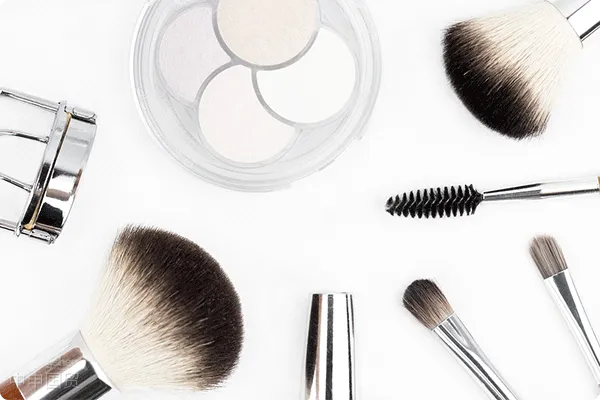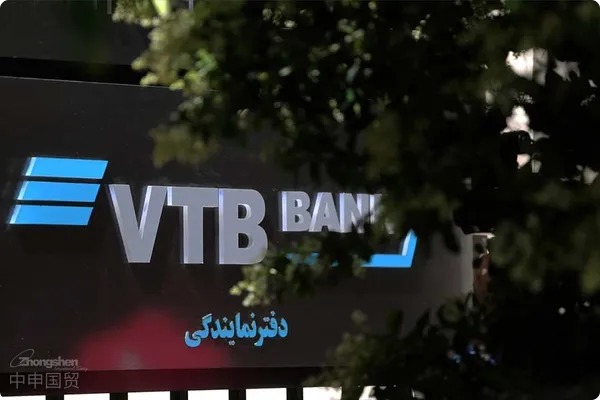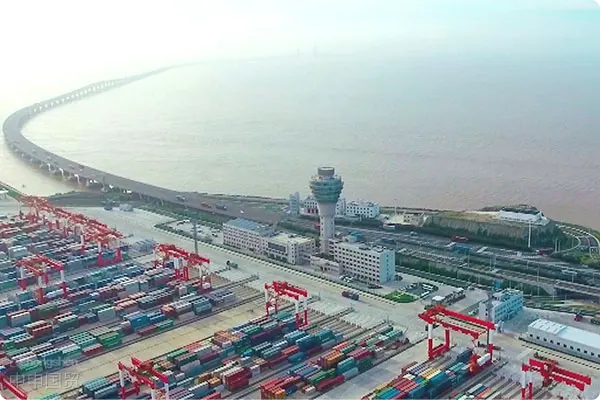- Shanghai Zhongshen International Trade Co., Ltd. - Two decades of trade agency expertise.
- Service Hotline: 139 1787 2118
October 2023, AsiaCosmetics & Personal CareThe regulatory field has undergone a series of important updates and changes, particularly in China Taiwan, Indonesia, South Korea, and Singapore. These changes involve management of cosmetic product information files, sales restrictions for imported goods on e-commerce platforms, recommendation letters for cosmetic notification applicants, adjustments to cosmetic import requirements, and guidelines for alternative animal testing methods. Below is a detailed overview of regulatory developments.

I. China Taiwan Cosmetic Regulatory Updates
Revision of Guidelines for Cosmetic Product Information File Preparation
Taiwans Ministry of Health and Welfare issued revised Guidelines for Cosmetic Product Information File Preparation, Introductory Manual for Cosmetic Product Information File Preparation, and Checklist for Cosmetic Product Information File on October 2, 2023. The revisions mainly include qualification requirements for safety assessors, testing methods, implementation recommendations for safety assessment, reference content, and examples of product information files for sunscreen, hair dye, perm, whitening, and other products.
II. Indonesia Cosmetic Regulatory Updates
Prohibition on online sales of imported goods priced below $100
Indonesia implemented new restrictions on e-commerce activities involving imported goods through the Regulations on Business Licensing, Advertising, Guidelines and Supervision of E-Commerce Platform Transactions signed into effect on September 26, 2023. These include prohibiting social media platforms from serving as product sales platforms, setting a minimum FOB price of $100 per item for imported goods sold on e-commerce platforms, and prohibiting e-commerce platforms from selling self-produced products.
Technical documents and facility inspection checklist for cosmetic notification applicant recommendation letters
Indonesias Decision No. 397 of 2023 issued the UPT BPOM inspection checklist for technical documents and facilities, which serves as the basis for cosmetic notification applicants (including importers and contract manufacturers) to obtain official recommendation letters.
Adjustment of cosmetic import requirements
The draft amendment issued by Indonesias Food and Drug Administration (BPOM) on October 13, 2023 proposed changing the required certificate for imported cosmetics from post-border inspection to border inspection, and requiring that if the Certificate of Analysis (CoA) is not issued by the manufacturer, it must be issued by an accredited laboratory.
III. South Korea and Singapore Cosmetic Regulatory Updates
South Korea issues guidelines related to alternative methods to animal testing for cosmetics
South Koreas Ministry of Food and Drug Safety (MFDS) issued a new test guideline for eye irritation alternative methods on October 18, 2023: the Reconstructed Human Cornea-like Epithelium (RhCE) test method, based on the latest OECD-approved alternative test methods.
Indonesia and Saudi Arabia sign MoU on halal product assurance
Indonesia and Saudi Arabia signed an MoU on halal product quality assurance on October 19, 2023, aiming to strengthen cooperation in halal product certification, evaluation procedures, standard specifications, technical regulations, and exchange of experience and knowledge.
Singapore revises list of cosmetic ingredients
Singapore issued the Health Products (Cosmetic Products - ASEAN Cosmetic Directive) (Amendment No. 2) Regulations 2023 on October 25, 2023, announcing revisions to the list of cosmetic ingredients in line with amendments from the ASEAN Cosmetic Scientific Body (ACSB) meeting.
South Korea revises Guidelines for Analysis Methods of Prohibited Ingredients in Cosmetics
South Korea revised the Guidelines for Analysis Methods of Prohibited Ingredients in Cosmetics on the same day, increasing the number of detectable phthalate components from 3 to 7 and providing updated analysis methods for 23 prohibited ingredients.
Related Recommendations
? 2025. All Rights Reserved. Shanghai ICP No. 2023007705-2  PSB Record: Shanghai No.31011502009912
PSB Record: Shanghai No.31011502009912










